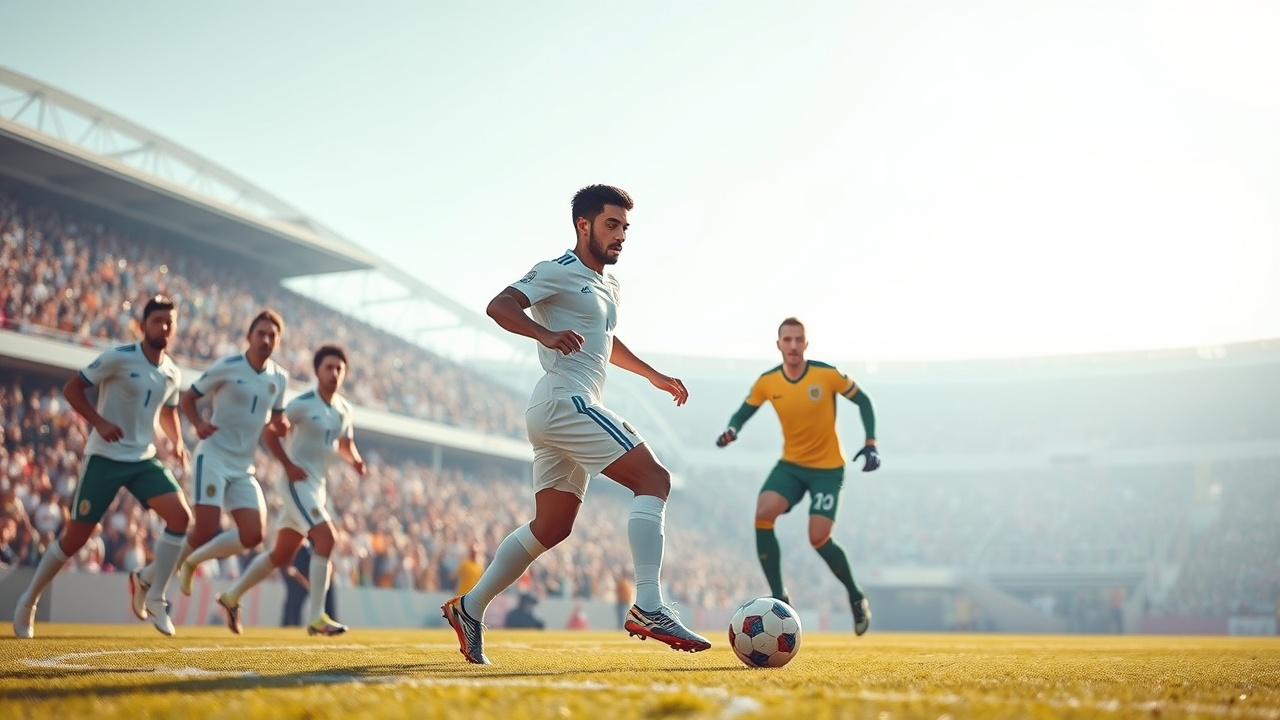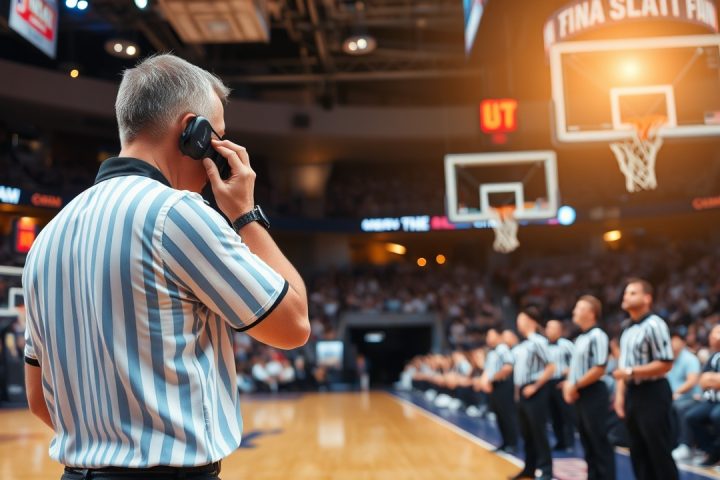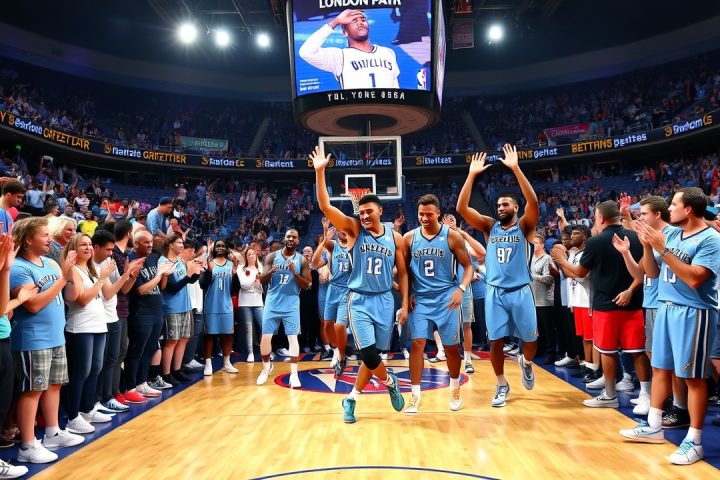IFAB Updates Penalty Kick Rules
In a significant decision for the world of football, the International Football Association Board (IFAB) has updated its rules regarding penalty kicks, specifically concerning situations involving a so-called “double touch” by the penalty taker. This amendment comes in response to a controversial incident that occurred during a Champions League match between Atletico Madrid and Real Madrid in March, where Atletico’s Julian Alvarez had a penalty disallowed under the previous regulations, leading to widespread criticism and debate.
Changes to Double Touch Ruling
Previously, if a player inadvertently contacted the ball with both feet during a penalty kick, the kick was considered a miss. However, under the new guidelines, if a player successfully scores despite such an occurrence, the penalty is to be retaken rather than disallowed. This change aims to address the confusion surrounding accidental double touches that can happen due to slips or balance issues when kicking the ball.
During the intense atmosphere of the Champions League last-16 second-leg at the Wanda Metropolitano, Alvarez believed he had scored from the spot, igniting cheers from the home crowd. However, protests from Real Madrid players about a potential double touch led to a VAR review, ultimately resulting in referee Szymon Marciniak declaring the goal void. Madrid secured their progression to the quarter-finals after Atletico’s subsequent penalty misses.
Clarification on Article 14.1
The previous ruling, as outlined in Article 14.1 of the laws of the game, stated that the kicker must not play the ball again until it has touched an opponent. The law was designed to prevent players from deliberately scoring with a second touch, but the incident with Alvarez highlighted the need for a clearer distinction between intentional actions and accidental slips during kicks.
IFAB’s recent communication elaborates that if the penalty taker unintentionally kicks the ball with both feet at the same time or makes contact with their non-kicking foot right after the kick, the decision now favors giving the player a second chance if they manage to score. Otherwise, a missed kick will lead to an indirect free kick for the opposing team.
Reactions and Future Implications
The IFAB has refrained from criticizing the officiating in Alvarez’s case, acknowledging that referees have faced ambiguity in these rare situations. They confirmed that the previous understanding of Law 14 was primarily meant for obvious attempts by players to touch the ball a second time, rather than for accidental instances.
Atletico coach Diego Simeone, speaking post-match, expressed that the penalty should have been counted, noting the ball’s minimal movement as a result of Alvarez’s contact.
Following the match, Atletico voiced their frustration over the decision, emphasizing the need for a review and potential change to the rules. An official from the club remarked on the high emotional stakes involved, indicating that the VAR’s execution resulted in profound disappointment among players and supporters alike.
In light of the new regulations, Atletico Madrid remains firm in their stance that the original decision to annul Alvarez’s penalty was wrong, as it did not meet the criteria of intentionality outlined in the laws governing the game.




